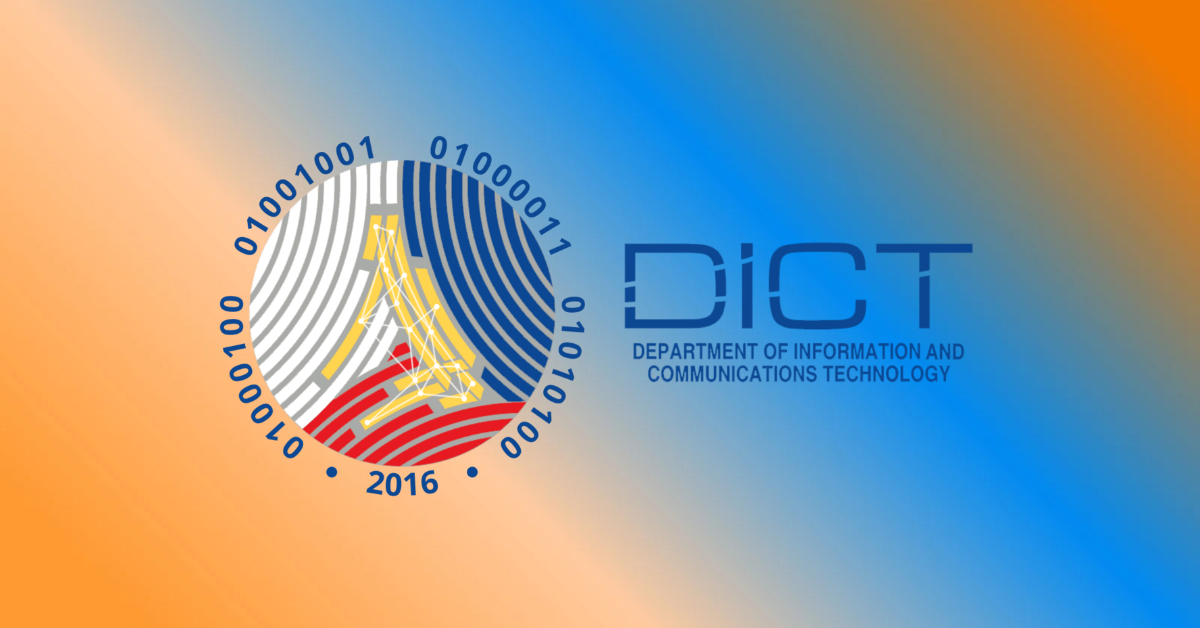The Department of Information and Communications Technology (DICT) came under fire during a marathon Senate finance committee hearing last 02 October 2024 as lawmakers voiced concerns over the agency’s budget utilization, cybersecurity lapses, and its failure to implement key programs, particularly the FREE WiFi project. The hearing, which stretched over four (04) hours, saw senators expressing frustration with the DICT’s inefficiencies and lack of progress on critical initiatives.
Senator Raffy Tulfo, once a vocal supporter of the DICT, did not hold back his disappointment with the agency’s poor performance. He criticized the DICT’s cybersecurity capabilities after an incident where the website of its own disaster risk reduction management division was hacked. Tulfo questioned how the DICT could claim to be the country’s cybersecurity leader if it could not secure its internal systems.
“How can you call yourself an authority in cybersecurity when your own office has been compromised? You should be setting the standard for security, and yet your systems are vulnerable,” Tulfo said, pressing the DICT to explain how it planned to address such vulnerabilities.
In response, DICT officials acknowledged the breach but insisted it was an isolated incident involving a non-critical system. They assured the senators that no sensitive information was compromised and that they had since enhanced their security measures. However, the explanation did little to quell lawmakers’ concerns about the overall state of the country’s cybersecurity readiness.
The FREE WiFi project also became a focal point of the discussion, with senators raising serious concerns about the DICT’s failure to properly implement the initiative, which was meant to provide free internet access in public spaces nationwide. Senator Tulfo questioned why the project, which had been allocated substantial funding, had not made significant progress.
“Where is the free WiFi? This is a project that was supposed to help millions of Filipinos, especially in remote areas, but the implementation has been dismal. The public deserves better,” Tulfo remarked.
DICT officials struggled to provide a satisfactory explanation, citing various challenges such as infrastructure issues, vendor delays, and the need to reconfigure the project based on changing technology trends. They emphasized that the project was ongoing and assured the Senate that improvements were being made. Still, the senators were unconvinced, with some calling for a more thorough audit of the project to determine where the bottlenecks were and how the funds had been spent.
Another major point of contention during the hearing was the DICT’s proposed PHP300 million confidential fund. Senator Tulfo questioned why the agency needed such a large amount, especially given its track record of poor implementation and low budget utilization. The DICT clarified that they were no longer pursuing the confidential fund, and it had been removed from the national expenditure program, but the skepticism surrounding their financial management remained palpable throughout the hearing.
Senator Win Gatchalian, who presided over the hearing, also criticized the DICT for its low budget utilization rates, noting that only 62.45% of its 2023 budget had been spent, with an even lower rate of 42.92% as of mid-2024. He expressed concerns that the agency consistently struggled to allocate its funds efficiently, which was particularly troubling given its critical role in the country’s digital infrastructure.
In defense, DICT officials explained that the low utilization was partly due to the cancellation of outdated projects inherited from the previous administration. They also mentioned that they were realigning their budget to address emerging threats and new priorities, and they projected a 90% utilization rate by the end of the year. However, this did little to reassure the senators, who pointed out that the agency had made similar promises in the past without delivering results.
Apart from budget concerns, the Senate hearing also addressed the DICT’s performance in other critical areas. Senators asked for updates on the national broadband plan and the national cybersecurity plan, both of which had seen sluggish progress. Tulfo, in particular, raised alarm over the increasing spread of AI-generated fake news and misinformation, asking how the DICT planned to combat this as the 2025 elections drew near.
DICT officials responded by outlining their efforts to work with social media platforms to flag and label AI-generated content. They also mentioned ongoing public education campaigns to help Filipinos identify fake news. However, several senators felt that the DICT needed to take a more aggressive stance on the issue, as the proliferation of disinformation could have serious consequences for national security and democratic processes.
The issue of illegal online gambling was also brought up, with Senator Tulfo questioning what steps the DICT had taken to combat these operations. DICT officials highlighted their collaboration with law enforcement agencies to dismantle illegal gambling websites but acknowledged that the problem required more comprehensive action.
The DICT’s absence from a previous hearing on the integrity of the Philippine Charity Sweepstakes Office (PCSO) lotto system was another sore point for the senators. Tulfo criticized the agency for its failure to attend, calling it a “snub” of the Senate’s efforts to ensure transparency and accountability in public programs. DICT officials apologized for the absence, explaining that an official had confirmed attendance but was unable to make it due to unforeseen circumstances.
As the hearing concluded, senators urged the DICT to address the various issues raised and improve its performance. They emphasized that the agency plays a vital role in the country’s digital transformation and national security, and its current inefficiencies were unacceptable given the resources at its disposal.
The Senate’s lengthy interrogation of the DICT highlights growing concerns about the agency’s ability to fulfill its mandate, particularly in terms of cybersecurity, budget management, and key public services like free WiFi. Lawmakers made it clear that significant reforms are needed if the DICT is to meet the country’s digital and cybersecurity needs moving forward.
Watch the entire Senate budget hearing session here:


